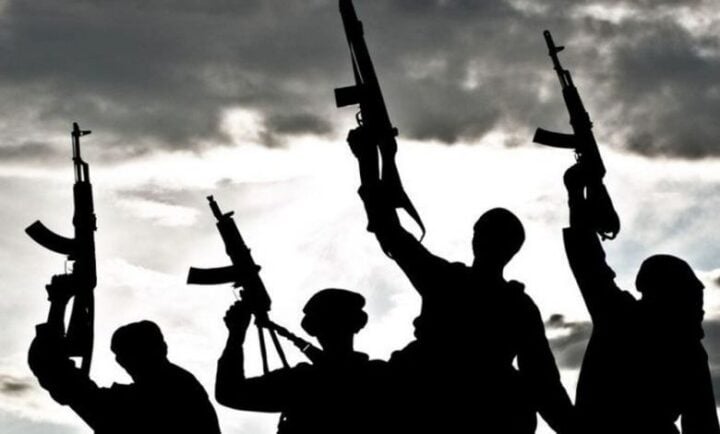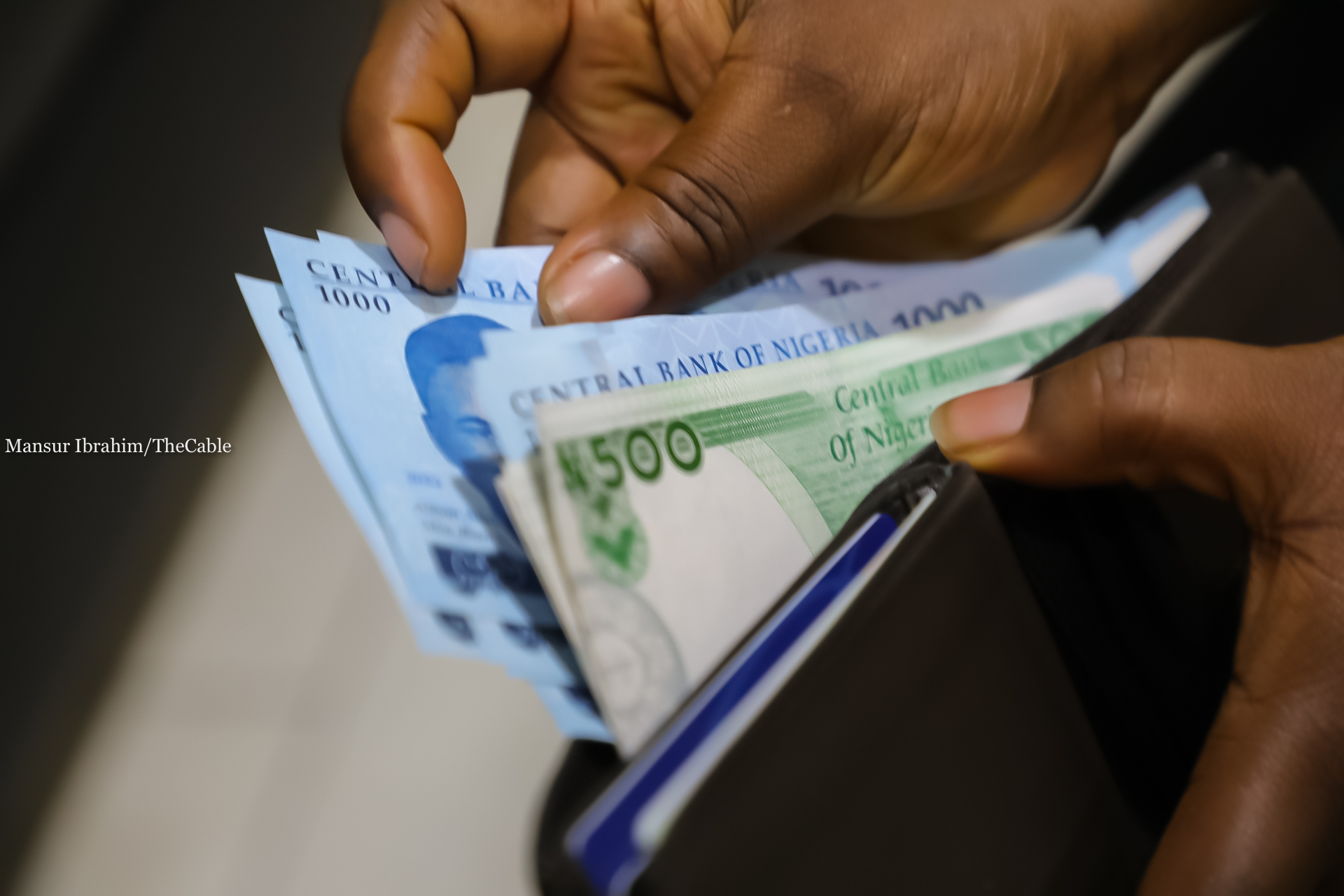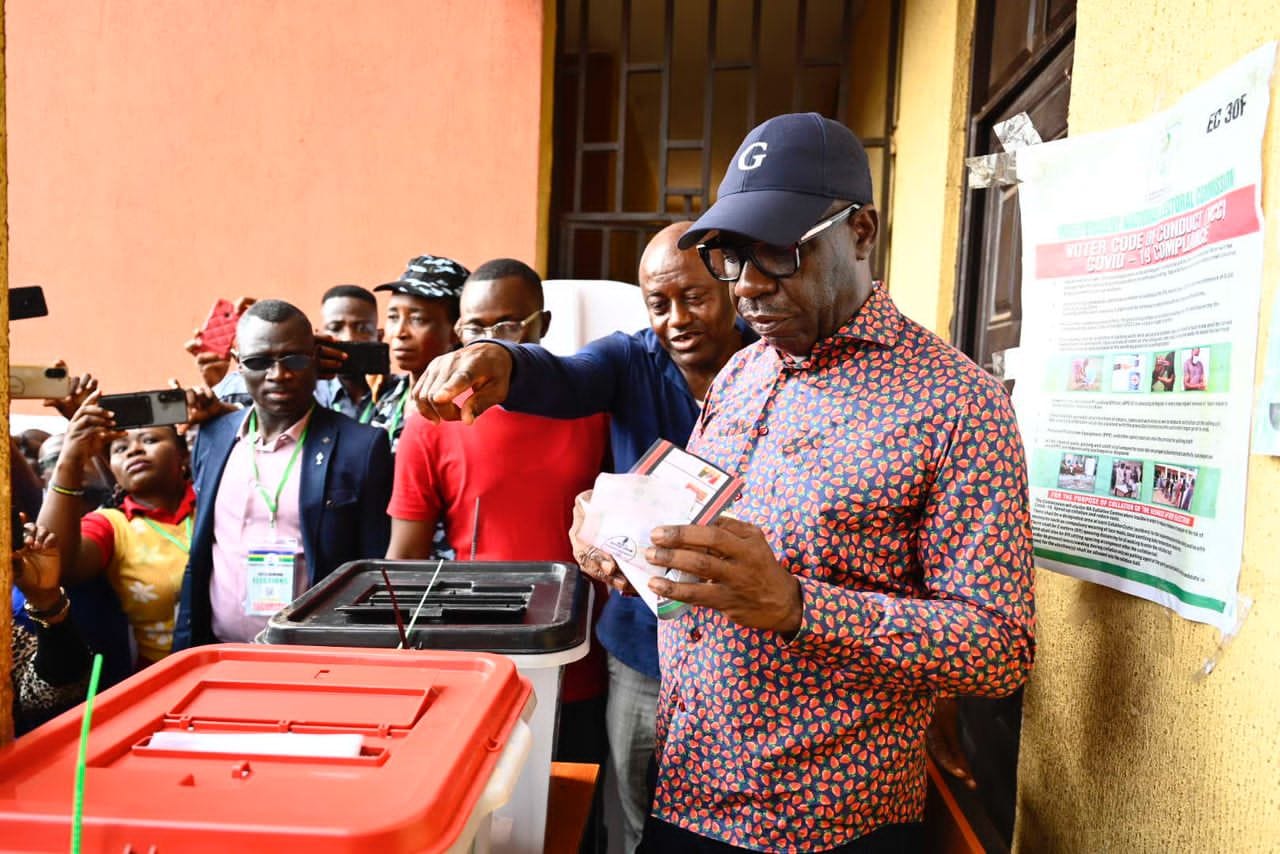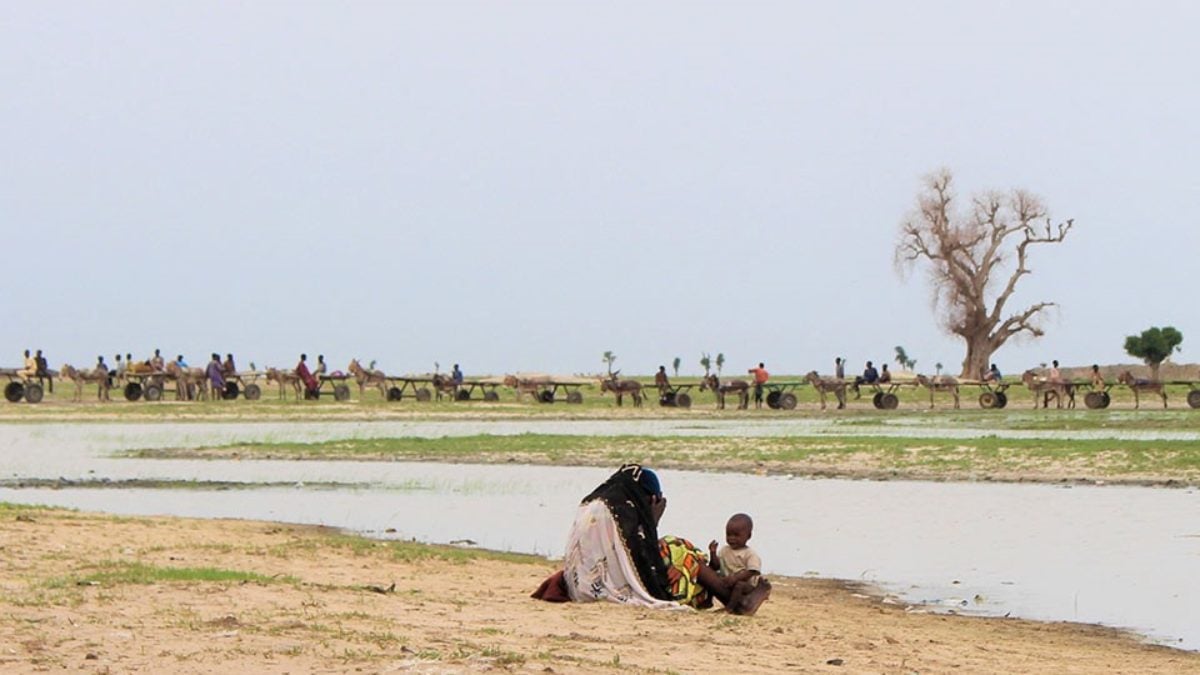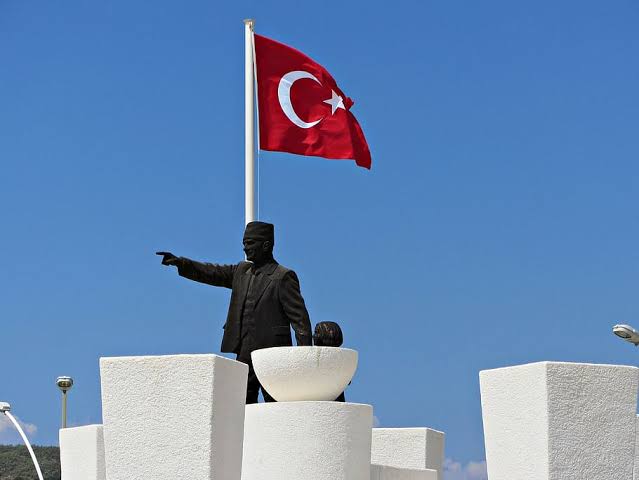BY WALE AJAYI
Nigeria is faced with more security challenges today than ever in our history. The Boko Haram insurgency, armed militancy, kidnapping, cattle rustling, illegal mining and mineral theft, smuggling, nomadic breeders, and farmer crisis in the north. In the south, armed militancy, kidnapping, oil theft and illegal refining, armed robbery, secessionist agitations, and smuggling of contrabands in and out of the country. Many recommendations have been made in several forums on these germane issues but only a few have critically looked into their social causes.
The social perspective on our national security challenges has internal and external dimensions. The external dimensions include the fact that Nigeria is surrounded by poorer countries with more than a thousand porous borders. The ECOWAS free entry and exit allows people from Chad, Niger, Cameroun, and Benin Republic and others ease access through the land borders. By natural tendencies, people migrate to a place of real or perceived potential for better economic opportunities. With migration comes social influences and crimes. The security challenges in the north and south cannot be totally divorced from the input of external factors from our bordering neighbours. These have contributed to economic sabotage, arms proliferation, and heightened insecurity. Though several initiatives and efforts, like border control and identity management, have been made in the past. However, tackling these issues has become difficult due to socioeconomic and political interests laden with ethnoreligious undertones.
Internally, there is social pressure resulting from poverty and deprivation amidst plenty. The return to democracy in 1999 has produced new sets of millionaires and billionaires with public displays of wealth without caution and flamboyant social lifestyles. Many Nigerians are poorer today than ever and believed to have been systematically excluded from the prosperity equation by the elites – political, business, religious and traditional. Like the paradox of plenty, people form these opinions when they see themselves in generational poverty but in the highbrow neighbourhoods within their society, they see
excessive affluence, exorbitant luxury, and sometimes wastage. How do we further a persuasive argument to the “haves not” that Nigeria is indeed poor when they see the luxury lifestyles of their elites?
Advertisement
The rate of underemployment and dependency is higher than unemployment. Purchasing power in Nigeria is relatively low to the extent that at the minimum wage of N30,000 per month the comparative income is now not just less than a US dollar per hour compared to $10/hr in the US and $2.66/hr in Seychelles which is Africa’s highest but also less than 30cents and not in top 20 in Africa. Definitely, there will be social pressure, desperation, and security challenges.
Social orientation, norms, ideologies, values, and narratives are at an all-time low. Sharp practices like graft, bribes for favour, exam malpractices, recruitment manipulations, job racketeering, election rigging, and everything hitherto immoral that could lead to social ostracisation in 1993 are now applauded and celebrated, and it is the norm in 2023. It is common to see people organising thanksgiving services for recently released convicted public thieves, treasury looters, or fraudsters.
Regrettably, some institutions of higher learning are now in the practice of dishing out honorary doctorates to dishonourable persons, PEPs, and the highest bidders. In like manner, traditional and religious chieftaincy titles are reserved for people with known questionable characters and sources of wealth. Honours for dishonourable characters have a destabilising and destructive effect on society.
Advertisement
Good values like handwork, diligence, honesty, and excellence are no longer celebrated and applauded but the opposite. The role models in society are no longer the moderate disciplinarian, nor that successful career person or diligent businessman and woman from a noble background and traceable wealth but some young money bag with no verifiable source of income and the disgraced and convicted public officer. For instance, in a situation where the winners of a departmental mathematical competition or a law debate are rewarded with laptops and N50,000 universities while the most beautiful girl and boy or what they call Miss and Mr. Campus go home with a brand new SUV, tens of millions of naira in cash, and several corporate endorsements and gifts.
Things like this have far-reaching disruptive implications for social order and progress. How do we advise children to focus on their studies or adults to be diligent at work and hold on to delayed gratification? I have wondered whether we often set our priorities right and whether our organised corporate sector is not complicit in our value erosion with their choice of sponsorships and advertorials. A situation where good and laudable programmes wouldn’t find sponsorships but programmes where male and female teenagers and young adults are camped in the same space to engage in immoralities with real-time filming and viewership without censorship would attract every corporate recognition. Alcohol, partying, sex, nudity, pornography, seduction, abuse, fights, name it, you get it in such
programmes with so many corporate sponsorships and huge prizes for the winners. No country in the world is entirely free to the extent of not protecting the fabric of the society from imports of destructive social tendencies.
In the last 30 years, a lot has changed in our country socially, culturally, and economically. I remember when publishing and televising sexually suggestive, alcohol, drugs, and violent content was almost impossible. No one dares kiss in Nigerian TV programmes and movies much less of the nudity or the sexual content we see today. The growth of the entertainment industry with make-believe lifestyles and fake stories of get-rich-quick glamorises crimes and immoralities. Musical lyrics and videos are the domains of drug abuse, sex, alcohol, seductive dances, nudity, pornography, and general misrepresentation of women as objects of marketing, pleasure, and seduction.
The internet age with social media has enhanced viewership, creativity, and innovations in content creation but with an excessive show of immoralities of a different dimension, cultism, sexual, ritual, violence, and occultic behaviours. Before now, cultism was limited to students in higher institutions, but today it has extended to secondary schools. Ordinarily, one would never expect this to extend to the larger society among dropouts, artisans, and the informal sectors but the reality proved otherwise. Simple disputes between neighbours are now subject to gun battles and killings for resolution. Is it not also surprising that within this period, prostitution has now extended from the established practitioners in brothels to every nook and cranny with many now indulging under different guises and codes such as runs, hookups, call girls, club girls, lounge girls, marketing, et cetera. All these social vices have a direct and remote impact in worsening our security situation.
Advertisement
A holistic and multi-dimensional approach is a necessity for effective results. There is an urgent need to address inequalities and lopsidedness in our national income distribution starting from the public service. Revisiting the philosophy upon which our national minimum wage was based to reflect the current realities of the real cost of moderate decent living is a must going forward. There is an urgent need for an all-inclusive social reorientation of values, norms, ideologies, and narratives in our society. Government and nongovernmental organisations, religious institutions, community-based organisations, and family units must realise the urgent need to stem the tide of this social crisis.
The government would have to devise a scientific and systemic approach to addressing ethical malpractices, graft, and fraud that gives certain people undue access to privatise our commonwealth and monopolise national opportunities. These and more are majorly responsible for unaccountable wealth, and extravagant lifestyles destabilising social order and causing social pressure. Scientific approaches must be introduced into our identity management, and review of border control policy. It’s imperative that the current law enforcement and security management system is not sufficient in structure and system to effectively manage the security of a highly populated and demographically diverse country like ours in the 21st century.
There’s a consensus on the modern technological approach to security. If we address inequalities genuinely and make political offices relatively less lucrative with contemporary offices in public and private services, there’s high potential to reduce the current social pressure-induced insecurity significantly.
Ajayi writes from Lagos, Nigeria.
Advertisement
Views expressed by contributors are strictly personal and not of TheCable.
